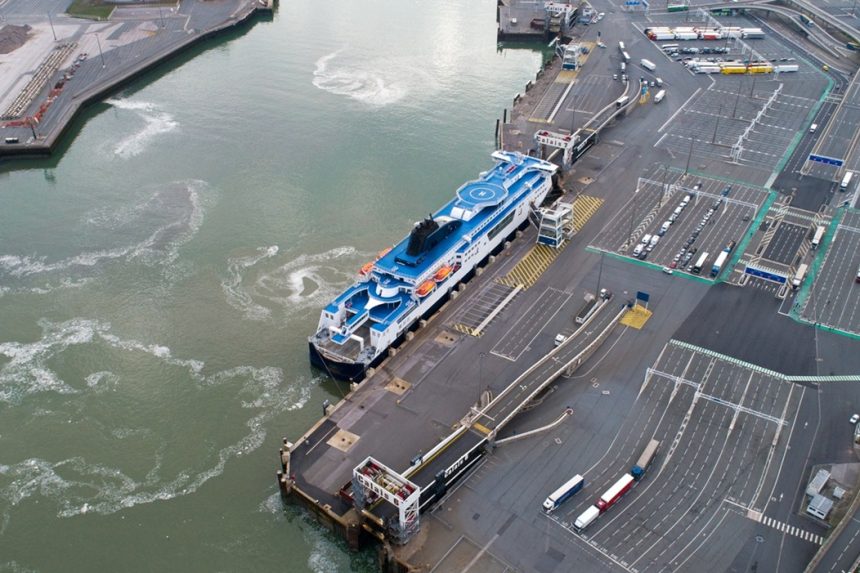Coach operators travelling internationally must not underestimate the importance of taking all necessary steps to prevent carriage of clandestine entrants when returning to the UK – but they also should be aware of scope to challenge any penalties levied on them or their drivers under the Clandestine Entrant Civil Penalty Scheme (CECPS).
Pressure to reform CECPS is growing after a publication in March of a damning verdict on its operation and management by Border Force and an open letter more recently to Home Secretary Yvette Cooper from RHA urging such overhaul.
An inspection of the wider Border Force operation to deter and detect clandestine entrants to the UK, including via use of CECPS, was carried out in late 2024 by Interim Independent Chief Inspector of Borders and Immigration David Bolt.
Findings within his report identify several problems with CECPS and the associated Civil Penalty Accreditation Scheme. Penalties of up to £10,000 “per responsible person” can be applied via CECPS for each clandestine entrant found.
Dissatisfaction with CECPS among operators and their representatives is well known. In 2024, the Court of Appeal found that although the driver and the operator of a HGV had taken all necessary steps to mitigate against clandestine entrants, that alone was insufficient to warrant no penalty being levied after they were found aboard the vehicle.
One industry stakeholder cautions that the position for operators and drivers around clandestine entrants is almost one of guilty until proven innocent. They warn how that has led to mistrust between Border Force officials and transport businesses and their staff, further straining the situation.
Religiously take all precautions against clandestine entrants
While HGVs are most often associated with clandestine entrants, coach operators and drivers are equally vulnerable. Legal firm JMW has repeatedly urged those venturing abroad to take all necessary steps to prevent carriage of unwelcome passengers.
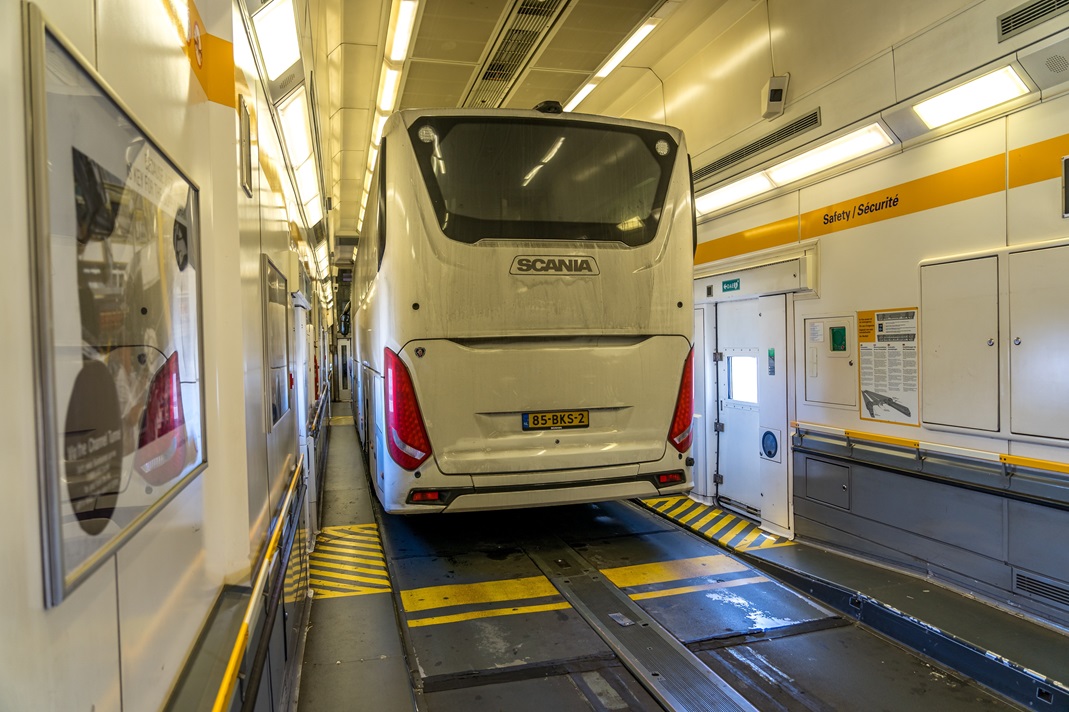
RHA Operations Manager – Coach Sector Andy Warrender warns against even the slightest complacency. While instances of clandestine entrants on coaches are rarely publicised, he believes that a handful were discovered at ports in northern France over the Easter period.
“In 2024 one reached the UK via coach and was not found until a service area on the M1,” Andy continues. Anecdotal evidence is that increased security around ports in northern France has driven some would-be clandestine entrants further inland. “I heard of them boarding a coach in Brussels when it was on its way back from Germany and stopped overnight.”
CECPS was strengthened in Border Force’s favour during 2023. The government noted then how the penalty scale had not changed since 2002, and that the scheme was insufficiently effective in ensuring that all mitigatory steps were being taken.
Those amendments also narrowed to one the number of statutory defences available where a clandestine entrant is found: That the driver was acting under duress.
‘Genuine concerns’ over fairness of penalty scheme
David Bolt’s report notes how across the course of his inspection, “a large amount of evidence of inefficiencies and inconsistencies in the way CECPS was being applied” were identified that “raise genuine concerns about fairness.”
The underlying cause of most problems with CECPS is insufficient resource and “outdated systems and working practices.” RHA says it is “particularly concerned” about poor staffing provision in the team administering penalties.
Changes to CECPS in 2023 resulted in workload management becoming challenging. Perceptions of unfairness are fuelled by delays between a clandestine entrant incident and notification of liability for a penalty. When such a notice eventually arrives, the operator may have discarded possible evidence in its defence.
The report’s author adds that inconsistent application of penalties was identified during the inspection and notes how “seemingly identical cases received different penalties.”
He also highlights how drivers and operators are “particularly aggrieved” at the lengths they are expected to go to in securing vehicles while “still being penalised as much as someone who had blatantly disregarded the regulations.”
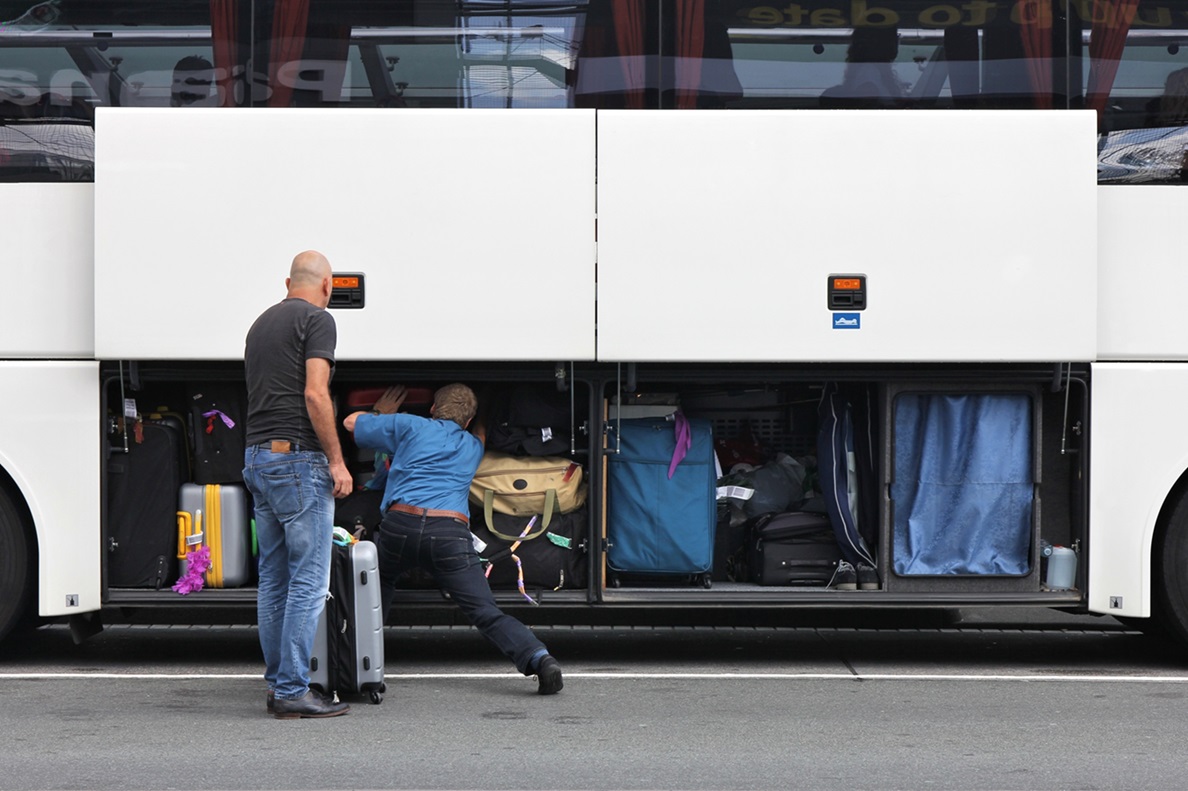
Clandestine entrants accreditation scheme is mitigation
Coach operators travelling abroad have repeatedly been advised to join the Civil Penalty Accreditation Scheme (CPAS). Membership is free. It recognises effective measures and brings a 50% discount on the starting point for penalties. CPAS “gives some mitigation and illustrates that the operator takes security seriously,” Andy advises.
However, the report reveals a backlog of applications. “At least 60” awaited processing at the time of inspection. Staff dealing with CPAS spoke of a seven-month delay.
Seven recommendations are within the report, including a root-and-branch review of the civil penalty team’s working practices and processes and better training for Border Force officers.
In response, the Home Office has accepted two recommendations, partially accepted four, and rejected one. It adds that since introduction in February, a new management platform is “updating working practices and driving efficiencies and improvements.”
Driver education imperative in battle for prevention
How does a coach operator prevent clandestine entrants from boarding its vehicles? First is ensuring that drivers are aware of, and follow, the required procedure, says Andy.
A coach-specific vehicle security checklist should be downloaded from gov.uk and filled in truthfully by drivers. If the worst happens, JMW advises seeking immediate legal advice on whether a penalty can be challenged.
“Go through the routine with drivers regularly. Brief them, and document everything,” Andy adds. Basics must also be considered. Does the driver have all necessary keys to lock luggage bay doors and engine bay access flaps? “It is about hammering home the process. If an operator does not, it could be in a very difficult position.”
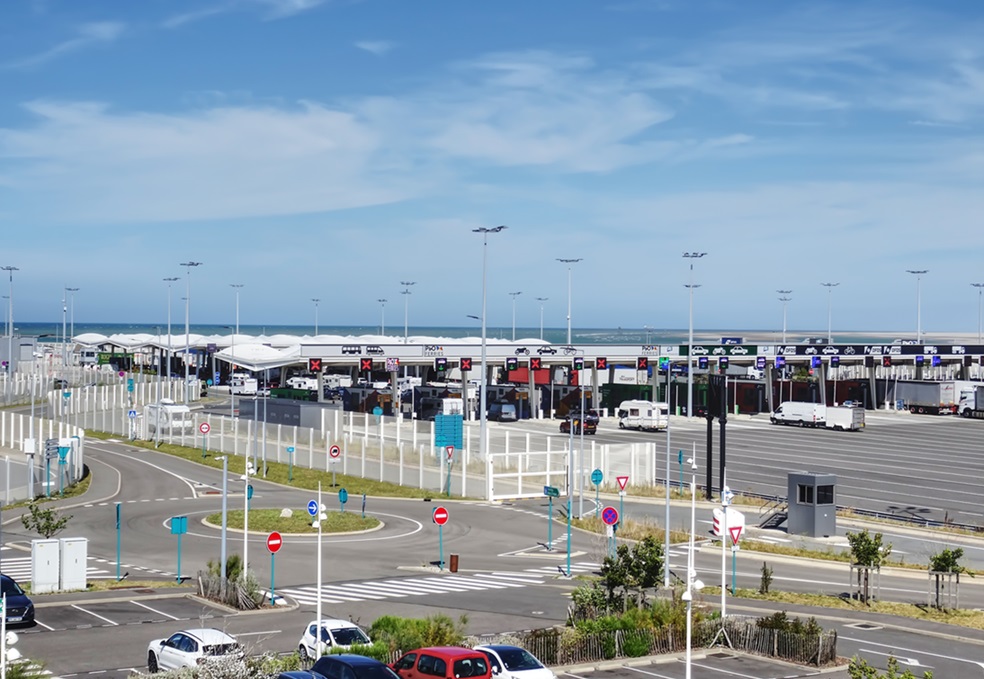
Even if penalties are levied, all is not lost. JMW Partner and Head of Commercial Road Transport Laura Hadzik notes successful challenges of them. “It is for Border Force to prove that the relevant grounds for imposing penalties exist. Operators should not be reluctant to contest [those] through both the objection and appeal stages,” she explains.
“We are having repeated success in challenging penalties, resulting in cancellation as well as the recovery of legal costs that the operators has incurred.” Any penalty levied should reflect application of relevant discounts, including where the operator and driver have complied with obligations relating to checking vehicles.
“We are repeatedly dealing with cases where Border Force has failed to apply the appropriate discounts, either correctly or at all, and we are consistently securing significant reductions in penalties for operators – even where the driver has, in some way, failed to fulfil their obligations for checking and securing the vehicle.”
Staff must be aware of those obligations. Among them is the need to produce a properly completed vehicle security checklist at the time of any Border Force check. Failure to do so is among the most common reasons why officials suggest operators and drivers have failed to fulfil requirements.
‘Status quo cannot go on’
In its open letter to the Home Secretary, RHA says that while it supports all reasonable efforts on border security and accepts the role that operators and drivers play, there must be consistency and fairness in imposition of penalties.
It additionally notes how although legislation around CECPS provides “clear discretion” for Border Force to not impose a penalty, the level of penalty code of practice – which dictates how calculations are made – makes no reference to, and provides no guidance on, the exercise of that.
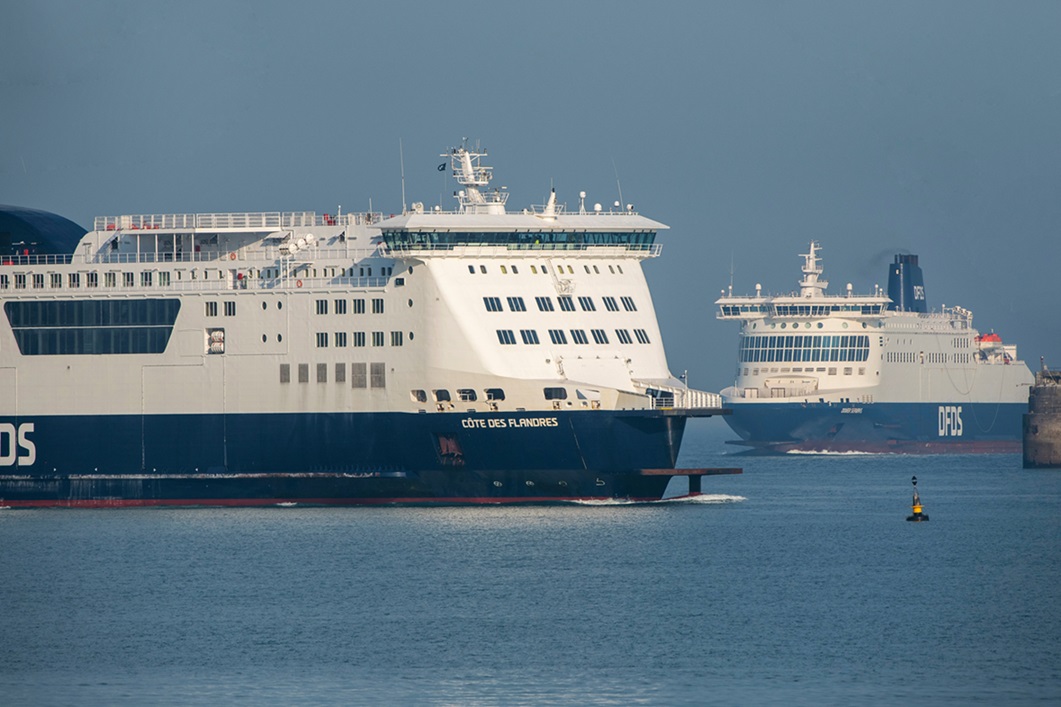
Senior Public Affairs Lead Ashton Cull observes how the Home Office “is not doing what it can to properly staff and invest in Border Force and CECPS and [to] exercise the level of discretion required. This needs to change and we hope this report will be the catalyst for that.”
RHA adds that CECPS “readily and easily shifts liability onto drivers and operators but is not equipped to exercise discretion when evidence shows [that] there is no fault or negligence on their part.”
Urgent action is thus needed to address disparities in how penalties are levied, RHA continues. It wants the Home Office to accept all seven of the recommendations laid down in the report and to implement them in 2025.
“The status quo is deeply unfair and cannot continue,” the open letter concludes. “We look forward to seeing greater urgency on this issue to keep the UK border secure as effectively as possible.”



















